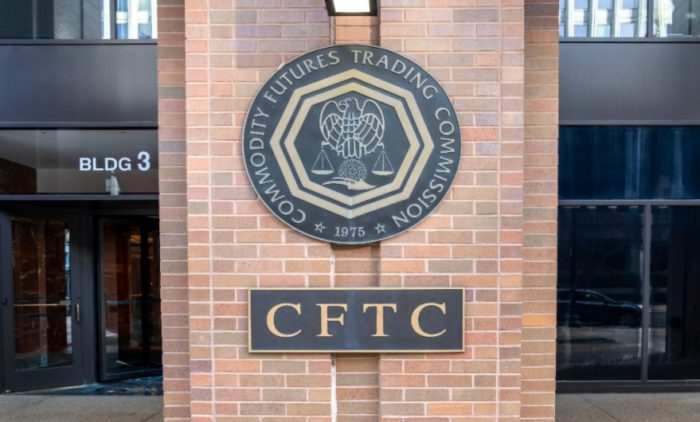The Commissioner of the Commodity Futures Trading Commission (CFTC) Caroline Pham recently discussed in detail the regulator’s plans for crypto regulation and customer protection.
Pham talked to two major US media platforms last week. In the discussions, she talked about several important crypto-related issues including shadow banking, stablecoins, customer protections, regulation and enforcement.
In the discussions Pham revealed that one of the key questions that regulators and lawmakers are trying to answer is whether stablecoins, including algorithmic stablecoins should be considered derivatives.
Pham said:
The SEC regulates securities, but for everything that is not a security, the CFTC probably has some regulatory touchpoint over it.
We have the regulation over derivatives based on commodities, but we also have certain areas … where we directly regulate spot markets.
One pressing issue is shadow banking which is a type of banking system where financial activities are facilitated by unregulated intermediaries. Shadow banking using cryptocurrencies became a significant issue following the collapse of the stablecoin project Terra. It promised a return of up to 20% for USD-pegged stablecoin deposits.
She added:
I think what I’m worried about is that without appropriate customer protections in place, and the right disclosures, that people are buying some of these crypto tokens thinking that they’re guaranteed to strike it rich.
Pham stated that the collapse of Terra has made it clear that immediate cypto regulations are needed to protect the retail public.
The Commissioner stated:
So, I really welcome the efforts of Congress to provide a clear and holistic regulatory framework over crypto, and to make it very clear and even to expand the CFTC’s jurisdiction in this space, to make sure that there’s that clarity for the industry so that way there can be more growth in compliant digital asset markets with adequate protections for the retail public.
Earlier in May, the CFTC brought up charges against two individuals and their entities in a $44 million fraudulent digital asset investment scheme.
